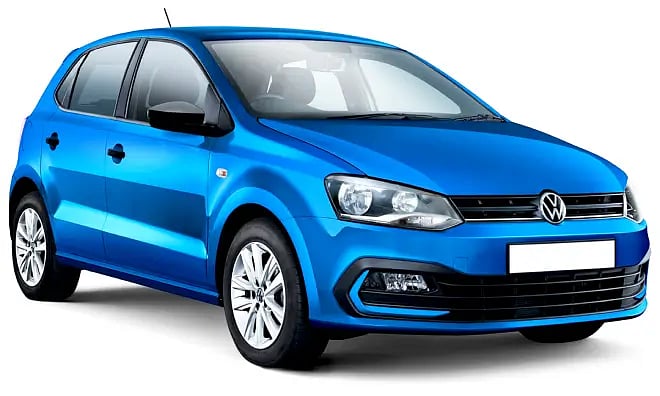We understand that every person's circumstances are unique, and that's why we offer customised car insurance policies to fit your individual needs. Whether you're a new driver, a seasoned driver, or somewhere in between, we have an insurance policy that's right for you. Our focus is on providing you with the best possible coverage at a price you can afford. So why wait? Choose Budget for your car insurance and enjoy peace of mind knowing that you're protected without breaking the bank.
Comprehensive Car Insurance
Plus get Scratch & Dent for Just R10pm
Up to 10% off comprehensive cover. Premiums are risk profile dependent and reviewed annually. Scratch & Dent premium valid for 12 months only. T’s & C’s apply.
Testimonials do not constitute financial advice
Frequently Asked Questions
Key Car Insurance Terms You Should Know
Excess or deductible
This is the amount you pay for an insurance claim before your insurance coverage kicks in. For instance, if you were involved in a car accident, the excess is payable upfront to the service provider, like a panel beater, regardless of who is responsible for the accident. Your excess will vary depending on policy terms and coverage levels.
Write-off
If your car is written off after a car accident, it means the cost of repairing the damaged vehicle exceeds its current market value. In such cases, the insurer declares the vehicle a total loss and reimburses the policyholder for its pre-accident value minus any deductible and salvage value.
Third-party claim
Refers to a claim made by someone other than the policyholder against the policyholder’s insurance coverage. It typically involves compensation for damages or injuries caused by the policyholder's actions, such as a car accident where the policyholder is deemed to be at fault.
Premium
This is the amount of money the policyholder will pay to an insurance company in exchange for insurance coverage. It is paid on a monthly or annual basis and is based on various risk factors, coverage levels, and the type of insurance policy.
Liability
Refers to legal responsibility for damages or injuries an individual may incur due to their actions. Liability coverage protects policyholders from financial losses resulting from third-party claims or lawsuits filed against them for causing harm or damage to others.





